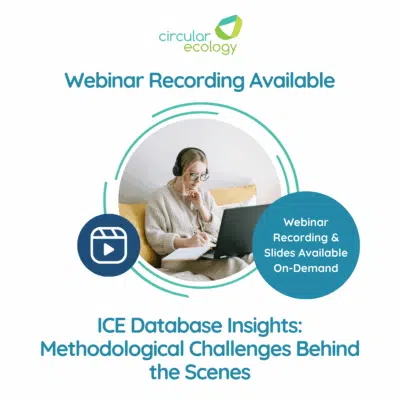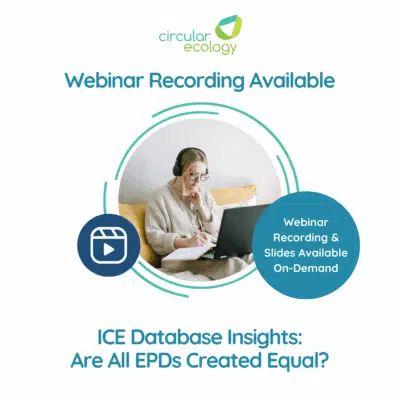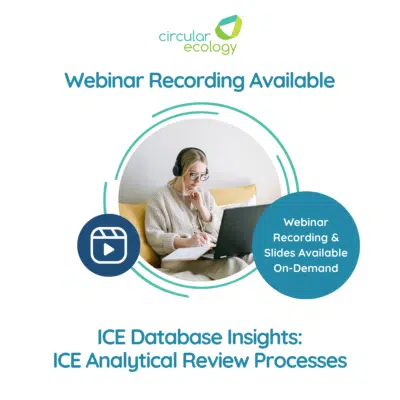Carbon Footprint Assessment

A carbon footprint assessment is a tool that can help us to measure and manage greenhouse gas emissions (GHGs). Carbon footprinting can determine the impact of an entire supply chain, through making products, running organisations, constructing buildings, and providing services.
A robust carbon footprint would conform to international standards such as the PAS 2050 from the British Standards Institute (BSI), the GHG Protocol for Products from the World Resources Institute (WRI), the French Grenelle method, or other internationally recognised methods.
The main benefits of carbon footprinting include:
- Enhanced brand image
- Reaching out to new markets to win new sales
- Increased marketing potential
- Improved environmental credentials
The types of carbon footprint projects include:
- Streamlined carbon footprints
- Product carbon footprints. Including to standards such as PAS 2050 and WRI GHG Protocol for Products.
- Organisational carbon footprints
- Carbon footprint of construction: Including embodied carbon assessment and whole life carbon.
- Training workshops and seminars
- Peer review and verification
Please use the form below if you would like to reach out to us regarding these services:
Webinar Recap: ICE Insights: Methodological Challenges Behind the Scenes
Circular Ecology hosted the fourth webinar in the ICE Database Insights webinar mini series on [...]
Jun
DESNZ (Defra) 2025 GHG Emissions Factors Released
The UK Department for Energy Security and Net Zero (DESNZ) have just released the 2025 [...]
Jun
Webinar Recap: ICE Insights: Are All EPDs Created Equal?
On Thursday, 22nd May, Circular Ecology hosted the third instalment in the ICE Database Insights [...]
May
Webinar Recap: ICE Insights: ICE Analytical Review Processes
On Wednesday, April 30th, Circular Ecology hosted the second session of our ICE Database Insights [...]
Apr




